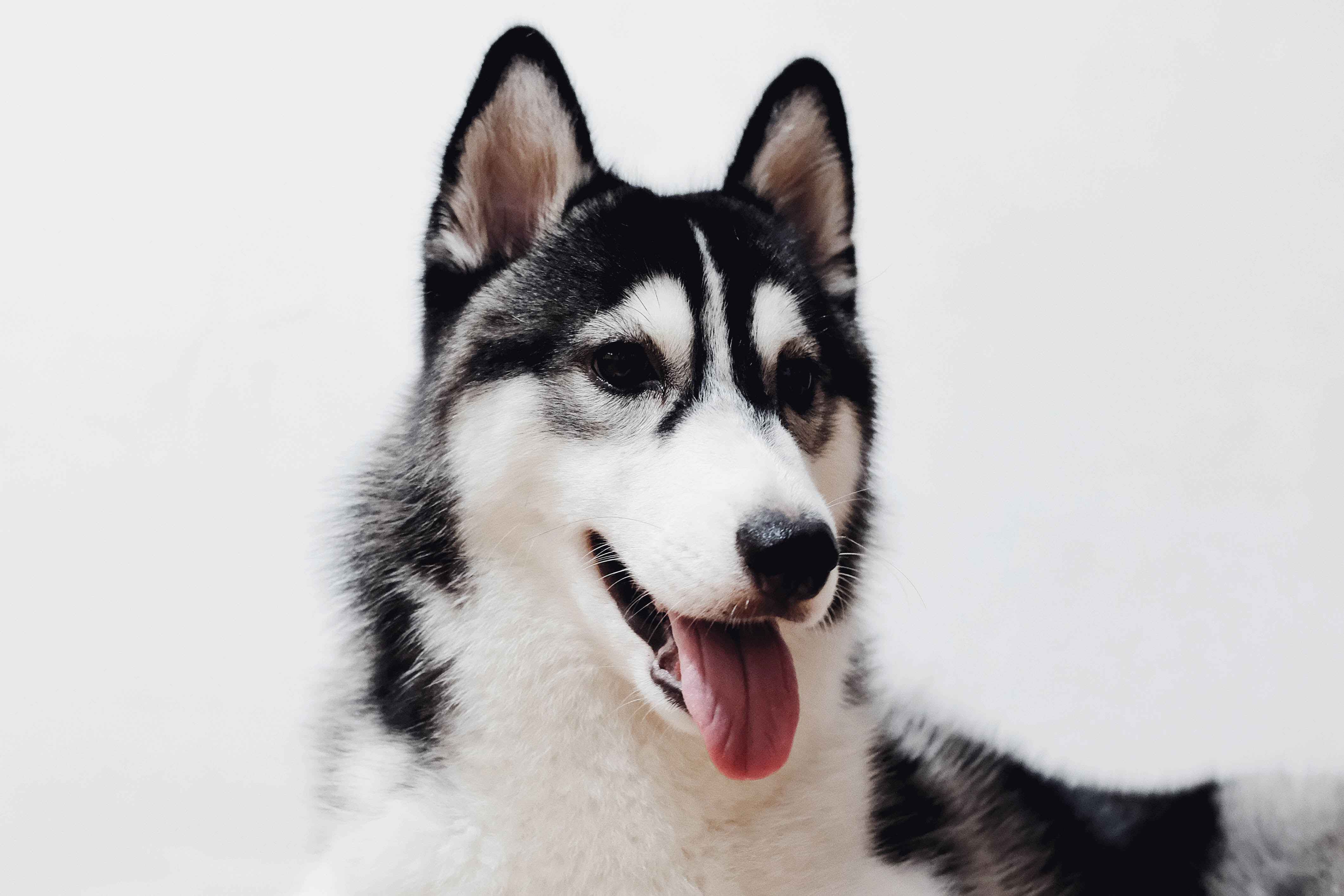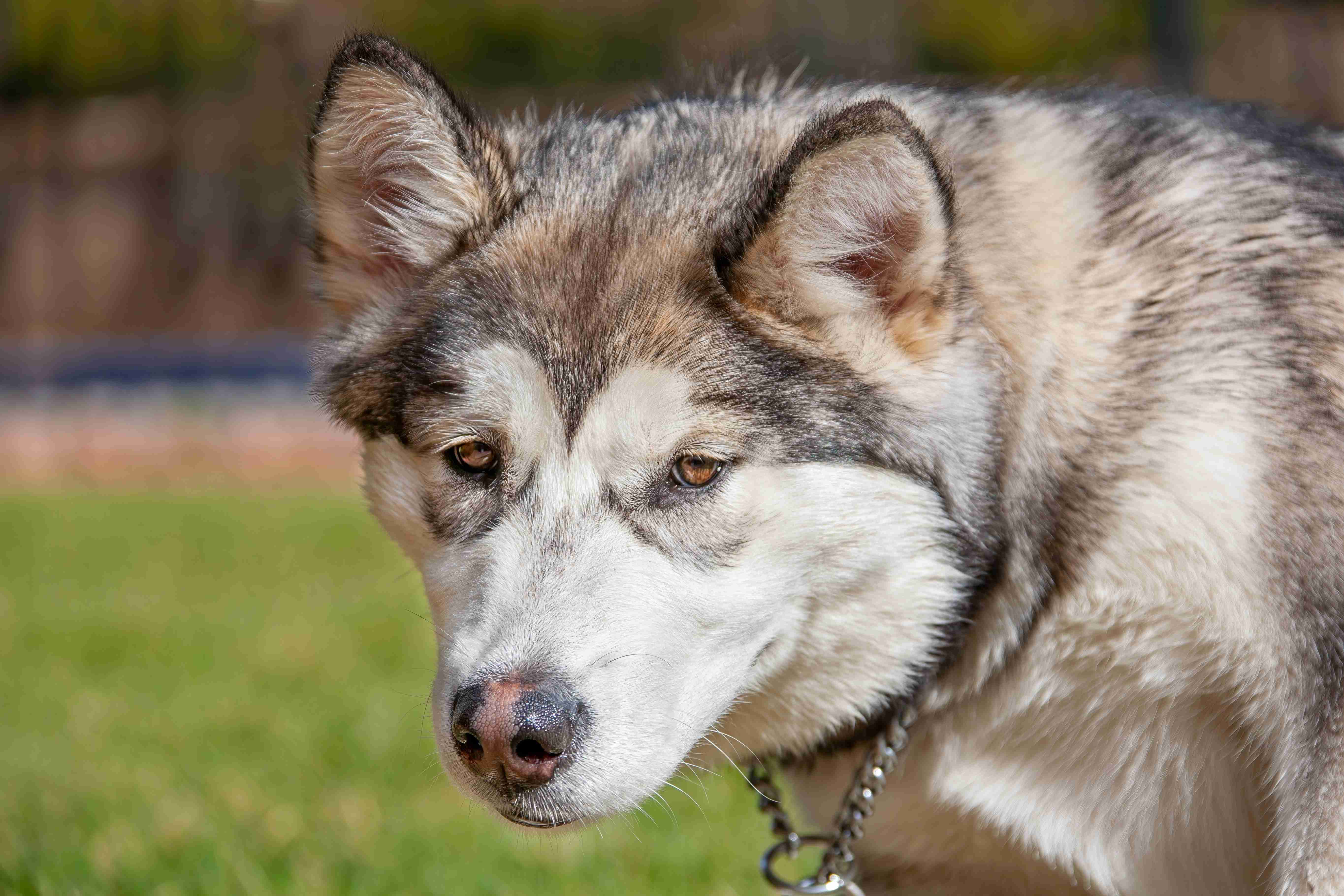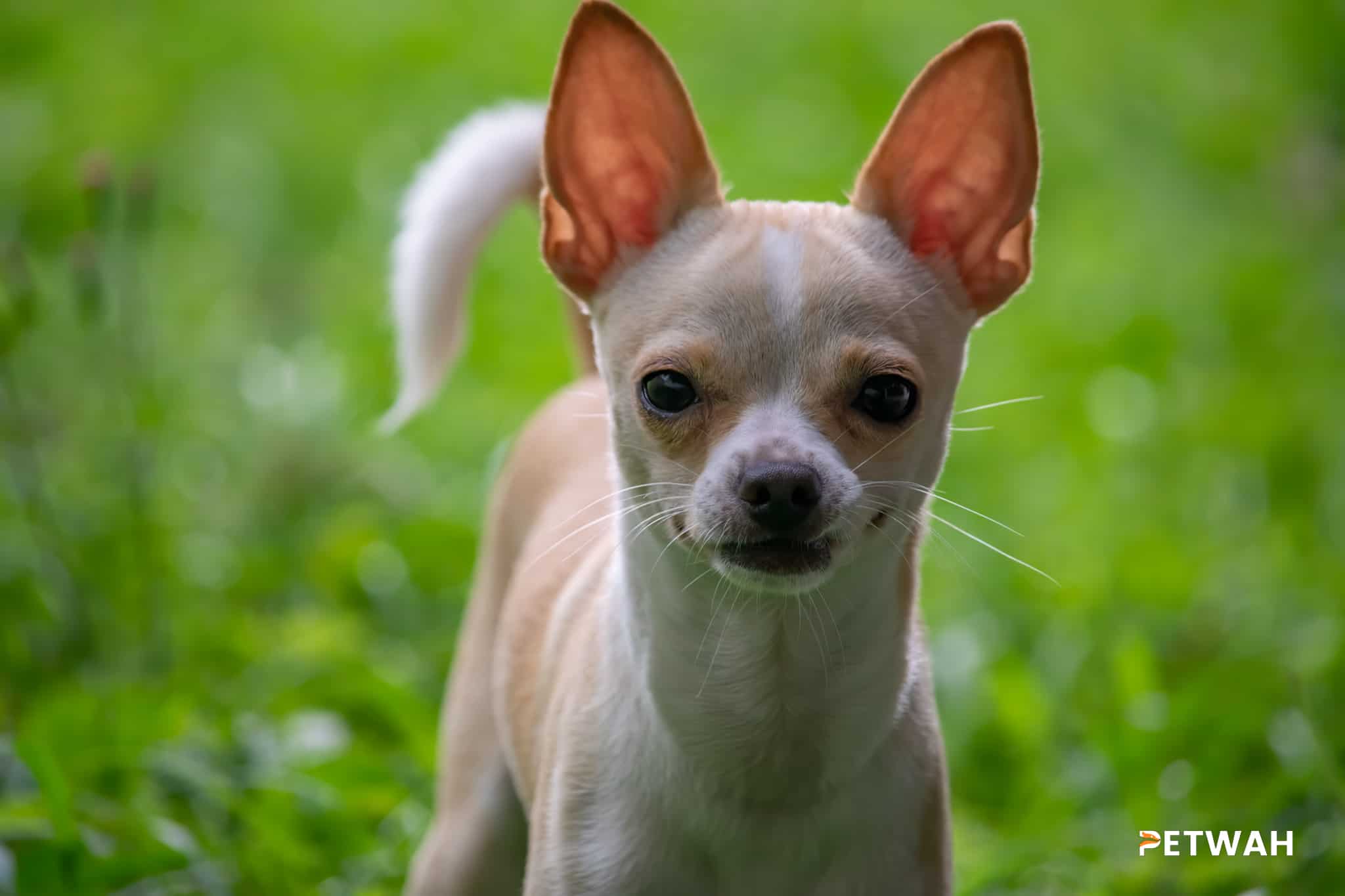If you are considering adding an Alaskan Malamute puppy to your family, it is essential to educate yourself about the common health issues that this breed may face. While Alaskan Malamutes are generally a healthy and robust breed, like any other dog breed, they are susceptible to specific health concerns. Understanding these potential health issues can help you take preventive measures, identify symptoms early on, and provide your furry friend with the appropriate care. In this blog post, we will uncover the top health concerns for Alaskan Malamute puppies, so you can be prepared and keep your furry friend healthy and happy for years to come.
Uncovering the Top Health Concerns for Alaskan Malamute Puppies: What Every Owner Should Know
Are you considering adopting an Alaskan Malamute puppy? These furry friends are known for their loyal and affectionate nature, but like all dogs, they are prone to certain health concerns. As a responsible owner, it’s important to be aware of these health issues so that you can take the necessary steps to keep your puppy happy and healthy. In this blog post, we’ll cover the top health concerns for Alaskan Malamute puppies.
1. Hip Dysplasia
Hip dysplasia is a common concern among large dog breeds, including Alaskan Malamutes. It’s a genetic condition that affects the hip joints, causing pain and discomfort. Symptoms of hip dysplasia may include limping, difficulty getting up, and reluctance to exercise. While hip dysplasia can’t be cured, there are ways to manage the condition, such as medication, weight management, and physical therapy.
2. Progressive Retinal Atrophy (PRA)
Progressive retinal atrophy is a genetic condition that affects the eyes of Alaskan Malamutes. It’s a degenerative disease that gradually causes blindness. Symptoms of PRA may include night blindness, dilated pupils, and a cloudy appearance in the eyes. While there is no cure for PRA, early detection through regular eye exams can help slow the progression of the disease.
3. Hypothyroidism
Hypothyroidism is a condition in which the thyroid gland doesn’t produce enough hormones. It can cause a variety of symptoms in Alaskan Malamutes, including weight gain, lethargy, and a dull coat. Hypothyroidism can be managed with medication and a healthy diet.

4. Gastric Torsion
Gastric torsion, also known as bloat, is a life-threatening condition that can occur in Alaskan Malamutes. It happens when the stomach twists, trapping gas and food inside. Symptoms of gastric torsion may include restlessness, vomiting, and a distended abdomen. If you suspect your puppy has gastric torsion, seek veterinary care immediately.
5. Obesity
Obesity is a common concern for all dog breeds, including Alaskan Malamutes. It can lead to a variety of health problems, including joint pain, diabetes, and heart disease. To prevent obesity, make sure your puppy gets plenty of exercise and eats a healthy, balanced diet.
6. Ear Infections
Alaskan Malamutes are prone to ear infections due to their floppy ears and heavy coat. Symptoms of an ear infection may include itching, redness, and discharge. To prevent ear infections, it’s important to regularly clean your puppy’s ears and keep them dry.
7. Dental Problems
Dental problems, such as gum disease and tooth decay, are common among all dog breeds, including Alaskan Malamutes. To prevent dental problems, make sure your puppy gets regular dental cleanings and chews on dental treats.
Overall, Alaskan Malamute puppies are prone to certain health concerns, but with proper care and attention, these can be managed or prevented. As a responsible owner, it’s important to be aware of these health issues and take the necessary steps to keep your puppy healthy and happy. Regular veterinary check-ups, a healthy diet, and plenty of exercise can go a long way in preventing these health concerns.
In conclusion, owning an Alaskan Malamute puppy can be a rewarding experience, but it is important to be aware of the potential health issues that they may face. Regular visits to the vet, proper diet, exercise, and attention to any changes in behavior or physical appearance can go a long way in preventing and addressing health concerns. As a responsible owner, it is your duty to keep your furry friend healthy and happy. With the right care and attention, you can enjoy many years of companionship with your beloved Alaskan Malamute.



.jpg)



.jpg)
%20-%20Copy.jpg)